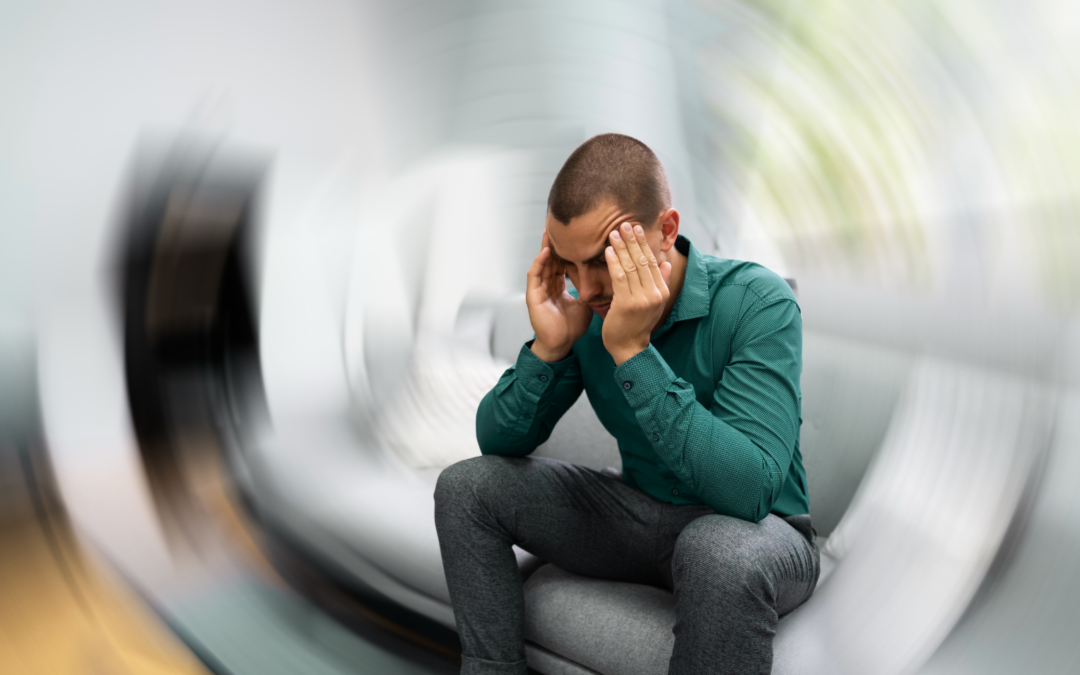A concussion is a type of mild traumatic brain injury (mTBI) that occurs when the brain is jolted or experiences a rapid acceleration deceleration movement. While concussions are often linked to sports injuries, they can happen to anyone, anywhere—whether from a fall, car accident, or other incidents. Recognising the signs and symptoms of a concussion is essential for ensuring timely care and preventing long-term complications.
What Are the Common Symptoms of a Concussion?
Concussions can present a wide range of symptoms, which may vary from person to person. The most common signs and symptoms include:
- Headaches
- Dizziness
- Confusion
- Nausea
- Sensitivity to light or noise
- Difficulty concentrating
Some individuals may also experience blurred vision, fatigue, or memory problems. It’s important to note that not all concussions involve a loss of consciousness, a common misconception that can delay diagnosis and treatment. Other immediate symptoms may include slurred speech, clumsiness, or appearing dazed or stunned.
Can Concussion Symptoms Be Delayed?
In some cases, symptoms of a concussion may not appear immediately after the injury. Delayed symptoms, such as mood changes, sleep disturbances, or persistent headaches, can take hours or even days to manifest. This delayed onset can make it challenging to recognise the injury, leading some individuals to dismiss their symptoms as minor or unrelated. Ignoring these delayed symptoms can increase the risk of prolonged recovery or more severe complications, such as post-concussion syndrome, which involves persistent symptoms lasting weeks or even months.
When Should You Seek Emergency Care?
It’s also important to be aware of red-flag symptoms that require urgent medical attention. These include:
- Repeated vomiting
- Seizures
- Worsening headaches
- Significant confusion
- Difficulty waking up
If these symptoms occur, it’s critical to seek emergency care immediately, as they may indicate a more serious brain injury.
What Should You Do If You Suspect a Concussion?
If you suspect that you or someone else has sustained a concussion, it’s essential to take immediate action:
- Stop any physical or cognitive activities that could worsen the injury
- Seek medical attention promptly. A concussion healthcare professional can assess the severity of the concussion and provide guidance on rest, gradual return to activities, and any necessary therapies. Be sure to consult a medical professional who has current training and understanding in concussion
- Avoid further head injuries during the recovery period. Sustaining another concussion before the first one has fully healed can lead to serious complications making recovery more difficult.
How to Recover Safely from a Concussion
Recovery from a concussion requires patience and care. Resting for 24 to 48 hours, both physically and mentally is important but then a return to activity is a key component. Gradually reintroducing physical and cognitive tasks under the guidance of a healthcare professional is an important part of the rehabilitation process. Doing too little or too much can hinder your recovery.
Why Early Diagnosis Matters
At Sydney Concussion Centre, we understand the importance of early diagnosis and evidence-based care. Our team is dedicated to helping individuals recover safely and effectively, providing tailored treatment plans to support each patient’s unique needs. If you or someone you know has experienced a head injury, don’t wait to seek help. Early intervention can make all the difference in recovery.
Contact our office on 18OO CONCUSSION | 1800 266 287 for further advice



Recent Comments